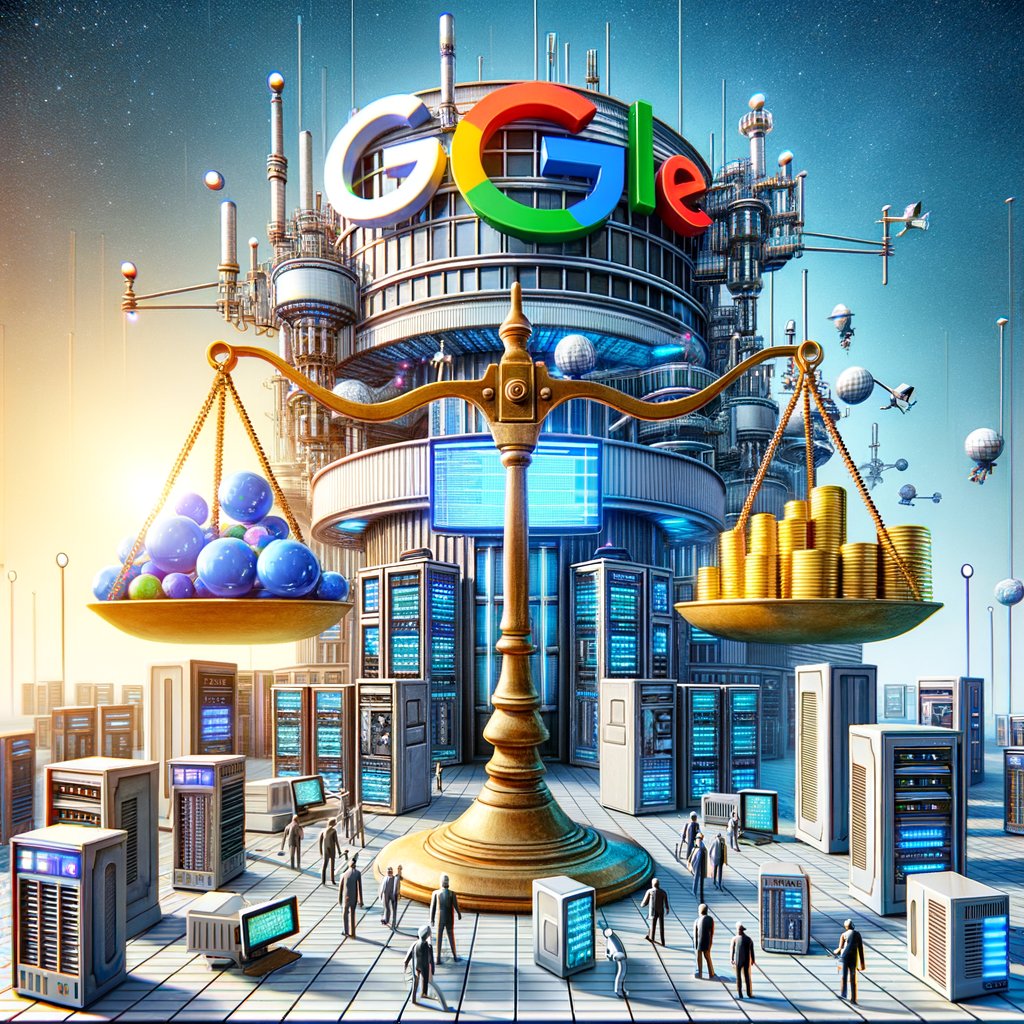Image created by AI
Misinterpretations and Implications: Unpacking the Competition Commission's Report on Copyright Laws
In a significant move, the Competition Commission of South Africa has released a provisional report that scrutinizes the intersection of digital platforms and media, particularly highlighting concerns with Google's dominant position in online searches. However, a critical aspect that warrants attention is the Commission's stance on the Copyright Amendment Bill and its proposed "fair use" provisions, set to reshape how copyrighted material, especially news content, is handled in the digital age.
The report estimates that Google should compensate South African news media between R300-500 million annually due to its monopolistic control over online searches that skews the digital ecosystem's fairness. This compensation is intended to balance the scales for news publishers who feel undercut by digital giants.
Moreover, the rise of AI-driven platforms has stirred additional controversy. The Commission fears that AI-generated news summaries could dissuade users from visiting original news websites, potentially diminishing the market value of original news content. This concern is rooted in a broader debate about the scope of the "fair use" provision proposed in the Copyright Amendment Bill.
Professor Keyan Tomaselli from the University of Johannesburg critiqued the bill in a recent publication, warning that the broadened "fair use" clause could become a loophole for Big Tech to exploit creative content unremuneratively. According to Tomaselli, and evidently the Commission's stance, this provision would unjustly favor tech conglomerates by allowing them to use copyrighted material in ways that directly compete with original creators, without fair compensation.
However, the report perhaps prematurely concludes that the "fair use" defense outlined in the South African bill mirrors that of U.S. law. Notably, it overlooks crucial differences in how these laws are structured and intended to function. For instance, the South African version of the bill includes a unique clause that considers whether the use "serves a purpose different from that of the work affected," a nuance absent in U.S. legislation.
This nuanced difference could significantly affect judicial determinations of what constitutes fair use in South Africa, potentially allowing more leeway for the use of copyrighted materials in innovative ways, which could have both positive and adverse effects on content creators and publishers.
The historical context is also quite illuminating. Reports suggest that Google had considerable input into the draft phase of the Copyright Amendment Bill, highlighting a collaboration that might have skewed the provisions to favor digital behemoths. This revelation is critical as it points to potential biases in how copyright laws are framed, possibly at the expense of smaller, local creators and media houses.
The bill's journey has not been smooth, with its adoption in Parliament followed by a referral to the Constitutional Court by the president over concerns about its compatibility with international copyright standards and the Bill of Rights. The court's decision, expected in May, will be pivotal in determining the future of copyright laws in South Africa, especially concerning digital content and AI applications.
As the country waits for this ruling, the digital and creative sectors remain in a state of limbo, with substantial implications for the media's financial sustainability and the broader creative industry's ability to control and monetize its output in the digital age.










